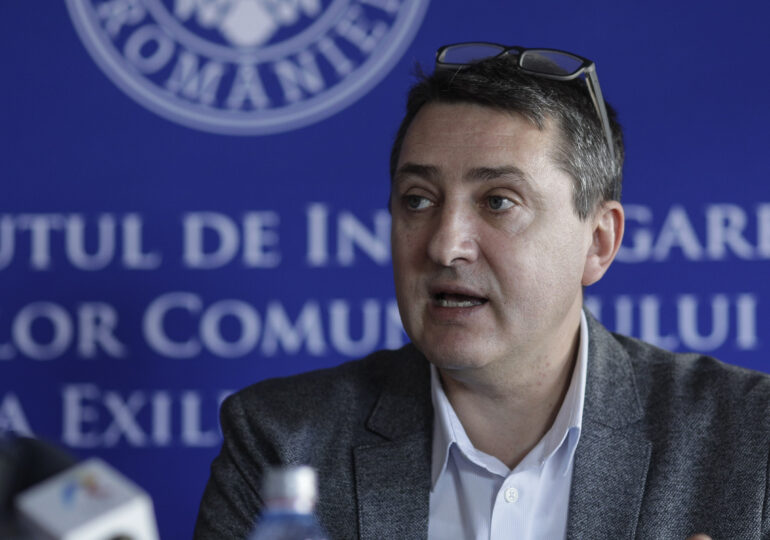Historian Cosmin Popa warns that the diaspora has become a „fertile ground” for Russia’s authoritarian propaganda, against the backdrop of the marginalization and frustration of Romanian communities abroad.
„Russia immediately noticed that Romania does not know how to handle the issue of the immense Romanian diaspora that emerged after the fall of communism. It is a phenomenon that this country, historically speaking, has not faced before,” explains Popa in an interview given to SpotMedia.ro.
"The majority of these communities are going through a radical process of marginalization, both in relation to the host societies and in relation to what is happening in Romania, hence the emergence of this immense, radicalized, marginalized community, experiencing acute feelings of frustration and anger towards the country and, especially, towards those who lead the country."
However, Romania's vulnerability is not limited to the diaspora: "At the forefront [...] is the absence of political vision and intellectual depth in the new generations of politicians. When the so-called democratic politicians do not deliver, it is absolutely natural for many of us to consider an alternative to this system."
He also points out the legacy of the communist dictatorship: "The state in which we live today, in structure, in organizational philosophy (...) owes an inordinate amount to Nicolae Ceaușescu. We are the country that not only took over en masse Nicolae Ceaușescu's entire repressive apparatus, but still pays pensions today to former Securitate officers, all of whom were involved, without exception, in political policing."
Popa explains how Moscow exploited these vulnerabilities: "The third reason is the massive intervention of Russia's authoritarian propaganda in the Romanian social and cultural equation. Russia found fertile ground here because all these structures of political policing existed, have existed, and never left. This is the classic pattern of action of Russia."
As for social networks, they are not the problem in themselves: "Social networks are, if you will, a technical annex, a technology that spreads the message. It depends on who uses them. (...) To view social networks, including TikTok, as a threat to democracy in Romania means to give up our ability to use them intelligently to serve democracy."
Read on Monday, December 1, on Spotmedia.ro, on National Day, the full interview conducted by Emilian Isailă with Cosmin Popa

